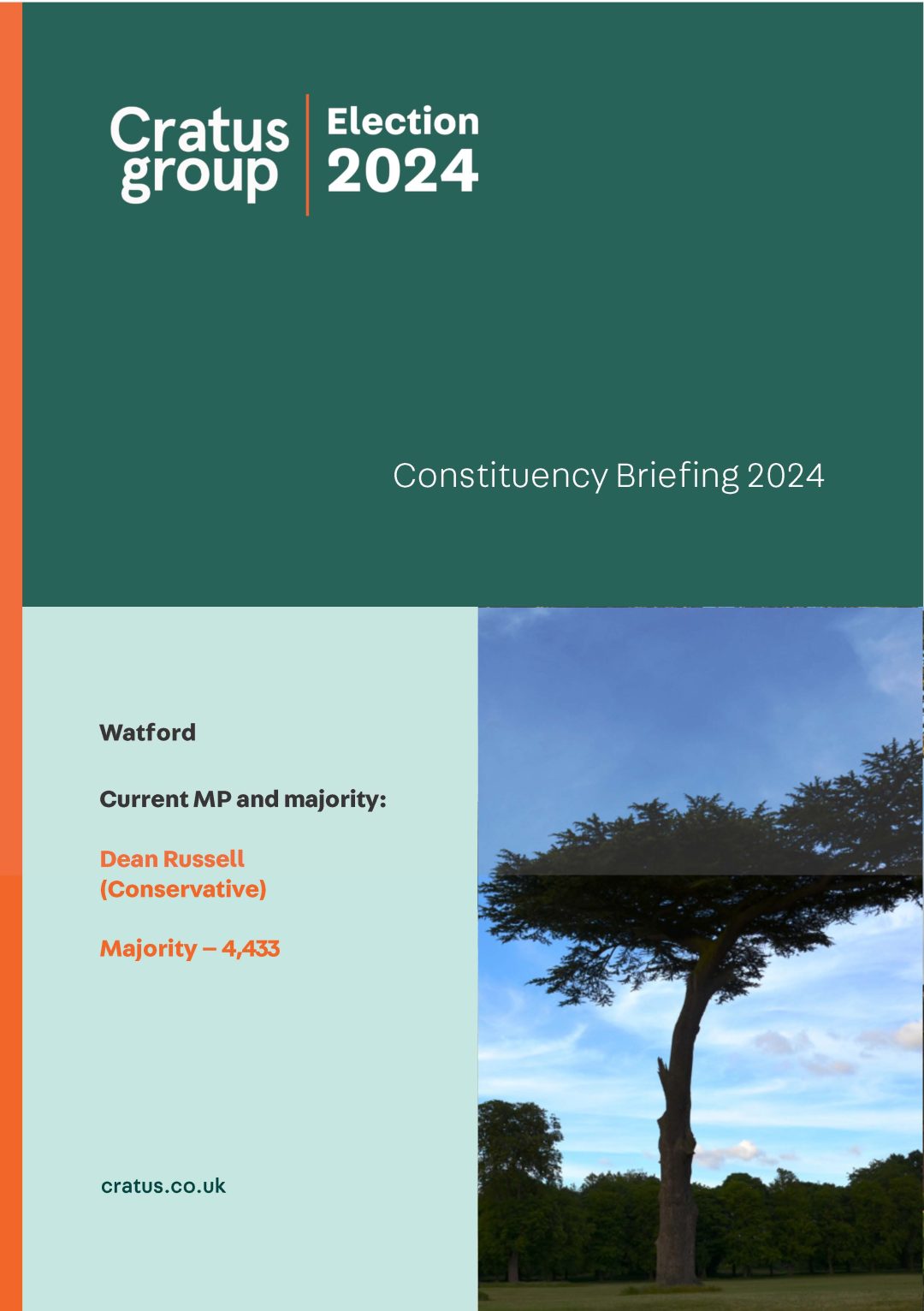If An Organisation Can Survive a Pandemic, Surely It Can Handle Any Crisis?
By Andy Holdsworth, Associate
The outbreak of COVID-19 in early 2020 will have tested every organisation in one way or another; supply chains were interrupted, offices closed, workers forced to isolate and others to completely change their working practices to look after children. Many organisations have been seriously impacted, many have closed and sadly some will not reopen.
This has been a challenge unlike any that many organisations have ever faced. The closest the UK has come to facing a crisis of this nature (since the Spanish Flu outbreak in 1918) was the H1N1/Swine Flu outbreak in 2009. Whilst very concerning at the start for many, including myself working in civil contingencies for the UK Government, it turned out not to be as bad as feared and daily life generally continued unabated for most.
Whilst handling and surviving the pandemic as an organisation should be lauded, it is essential that organisations are not complacent as a result.
The difference between a global pandemic where everyone is affected, in particular the UK where there was substantial Government support, and the many other types of crises that affect organisations is that usually just one or two organisations are affected and in the spotlight. The attention is not on sectors or the average person but a single entity. The next issue or crisis that an organisation will face will be a very different situation.
When an organisation faces a crisis, the media attention will focus on that one organisation. It is them alone in the public eye and possibly filling the front pages and constant news cycle. There could be a threat to the organisation’s legal license to operate as well as their social license to do so. As a result, customers and other stakeholders will recognise the brand and consider their relationship with the organisation.
Organisations must therefore continue to assess and anticipate a wide variety of issues and risks that they could face in relation to them specifically. Understanding what those are, enables an organisation to consider what action they could take to mitigate against the likelihood of the risk occurring and the impact of the crisis should it occur.
Organisations should ensure that they have tried and tested processes in place to handle issues and risks, with information flows that will inform about the actual situation; be that an incident on the ground or a reputation issue spreading online, to an identified and trained Crisis Management Team. For this to be effective, the latter needs to have the authority and be empowered to make decisions based on the facts and information from all key parts of the organisation.
In addition to processes and structure, crisis communications will be also needed. Organisations must not only avoid speculation during an incident, but critically must also not leave a communications void that others can and will always fill. It is essential that the organisation demonstrate the ‘Three C’s’, Concern, Control and Commitment.
- Concern – at what has happened, for any individuals involved etc.
- Control – of the situation, the organisation knows of the issue and is working to establish the facts so it can resolve it.
- Commitment – to resolve the situation, investigate and minimise the chances of it happening again or resolve the issues, if they existed, that caused the initial criticism.
To conclude, organisations need to ensure that they remain prepared at all times. Surviving the pandemic does not necessarily mean any future issue or crisis can be simply handled. Organisations should learn from the past year and build on this by, for example, better understanding the key functions of the organisation and the roles key to providing these functions. There will also likely be processes that have been put in place to gather key information e.g. supply chains, business function, staff. These should be reviewed post-pandemic and effectively formalised as part of a Crisis Management Plan, or reviewed and improved for the future.







